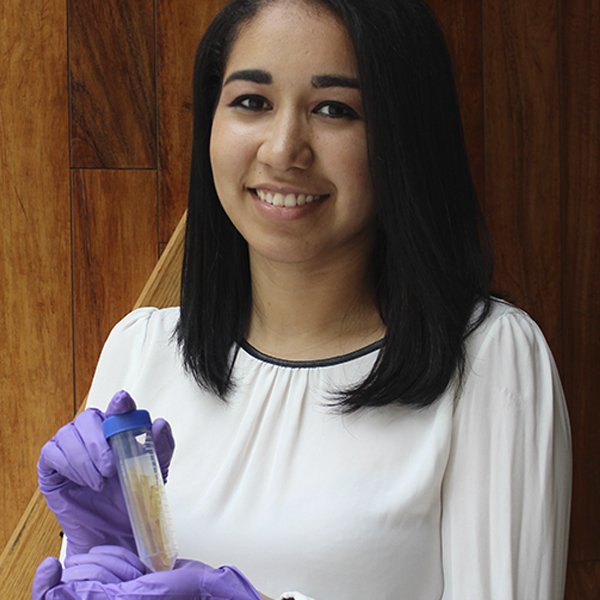Septicemia is a life-threatening
condition caused by the immune system´s response to a bacterial infection. In
Spain alone, over 50,000 cases of septicemia are diagnosed each year, of which
18,000 prove fatal, according to data from the Spanish Society of Critical,
Intensive and Coronary Medicine Units. One of the primary challenges is
detecting this condition in patients and identifying the underlying bacteria
responsible. To address this issue, Elisabeth Martínez has developed Insight
Alert: a device capable of detecting septicemia. Thanks to the device´s
capacity to proactively prevent septicemia and the costs savings this would
afford the healthcare system, Martínez has been recognized as one of MIT
Technology Review, Spanish edition´s Innovators Under 35 Latin America 2017.
To prevent infections, Martínez has developed a smart bandage that is
waterproof and disposable which changes color in reaction to the chemical
changes experienced by the wound it covers. "The idea is to complement the
bandage with an app capable of recognizing these colors, through a photograph
(made, for example by the patient´s family) which would then alert users to an
imminent infection," the young pioneer explains. Currently, she is
focusing on improving the technology behind the bandage´s covering, which for
now only detects an infection but does not specify the seriousness nor the
specific bacteria responsible. "As civilians, we do not have access to the
strains, so we have hit a roadblock," Martínez explains.
The next step is to overcome this bureaucratic barrier and obtain a patent. As
a medical device, Insight Alert must meet the ethical and safety requirements
set by the Mexican Federal Commission for Medical Risk Protection (Cofepris).
And this is Insight Alert´s Achilles tendon: the lack of legal intellectual
property protections currently prevents the team from divulging their
technology publicly to avoid imitations.
The other main pillar of the project, the financial side, is seeking resources
through crowdfunding campaigns: a total of between 700,000 and 900,000 Mexican
pesos (approximately 30,000 to 40,000 euros) plus the necessary support of a
university to "provide access to equipment and materials."
The total price of Insight Alert stands in stark contrast to the expense for
public Mexican hospitals for each patient treated for sepsis. According to
their calculations, the state pays between half a million and two million
Mexican pesos (between 25,000 and 100,000 euros) on average for a 15-day
hospitalization. Insight Alert would afford significant annual savings. Even
so, Martínez continues to work on lowering the price of her solution and is
studying the option of "a gauze which would be much cheaper than the
covering." She adds: "The
strategy needs to be well defined to reach doctors and nurses first as an
important part of the administrative decision-making process."
A recently licensed as a doctor, this young Mexican has spent a year on the
development of the Insight Alert project, during which time she has gained much
more than just medical knowledge. Among the lessons learned, she highlights the
creation of high impact devices which do not offer quick results. Timelines
stretch out, clinical trials get pushed back, the red tape can seem endless,
but Martínez is determined. "There are always signs that progress is being
made. There are periods of zero advances and then suddenly, magically
everything works a little bit better."
The founding president of The Core Model Corporation and jury member for the
Innovators Under 35 Latin America 2017 competition, Ibis Sánchez, qualifies
Insight Alert as "an excellent application that could save millions of
lives, especially in areas which lack hospitals and medical centers."




